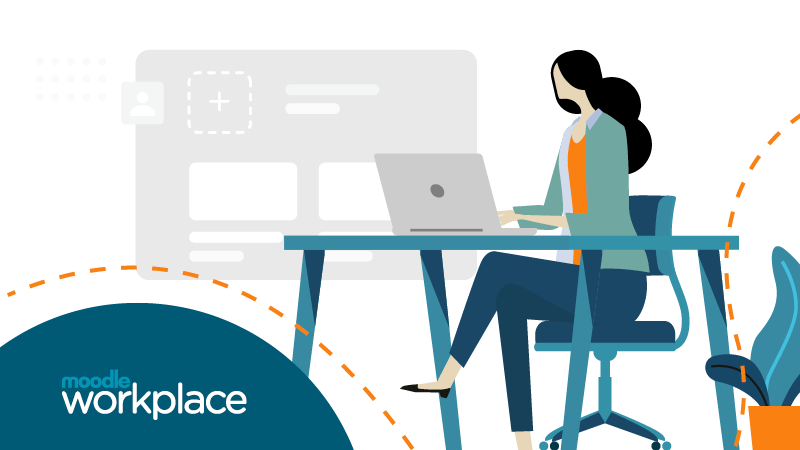Advancement in technology, especially in the field of artificial intelligence (AI), has revolutionised various sectors. The education and workplace sectors are no exceptions. AI has the potential to positively impact both of these sectors by providing personalised learning pathways, improving productivity, and increasing efficiency.
Can AI Revolutionise Education?
AI can revolutionise education by providing personalised learning pathways to students. AI algorithms can analyze students’ performance data and provide tailored content to meet their individual needs. This will help to bridge the education gap, allowing students to learn at their own pace and level of understanding. Moreover, AI-enabled education platforms can make learning more engaging and interactive, providing a better learning experience for students.
Another significant advantage of AI in education is that it can automate tedious and repetitive tasks such as grading, scheduling, and attendance taking. This will free up teachers’ time and enable them to focus on more important tasks such as providing feedback, mentoring students, and developing and implementing new teaching strategies. AI can also enhance the accessibility of education by providing online education platforms that allow people to learn remotely.
How AI is Transforming the Workplace.
AI is transforming the workplace in several ways. For instance, AI can automate many mundane and repetitive tasks, thus freeing up employees’ time to focus on more creative and complex tasks. This will increase productivity and reduce human errors, leading to better output quality.
AI can also improve decision-making by analysing large amounts of data and providing insights that humans may not have noticed. AI algorithms can detect patterns and trends, identify anomalies, and provide recommendations that can help organizations make better decisions faster.
Lastly, AI can enhance customer experience by providing personalised recommendations, chatbots, and virtual assistants that can handle customer inquiries and provide support 24/7. This will improve customer satisfaction and loyalty, thus increasing the organization’s revenue.
In conclusion, AI has the potential to positively shape the future of education and the workplace. By providing personalised learning pathways, automating tedious tasks, and improving decision-making and customer experience, AI can make the education and workplace sectors more efficient, productive, and engaging. However, it’s important to ensure that AI is used ethically and responsibly to avoid negative impacts.


